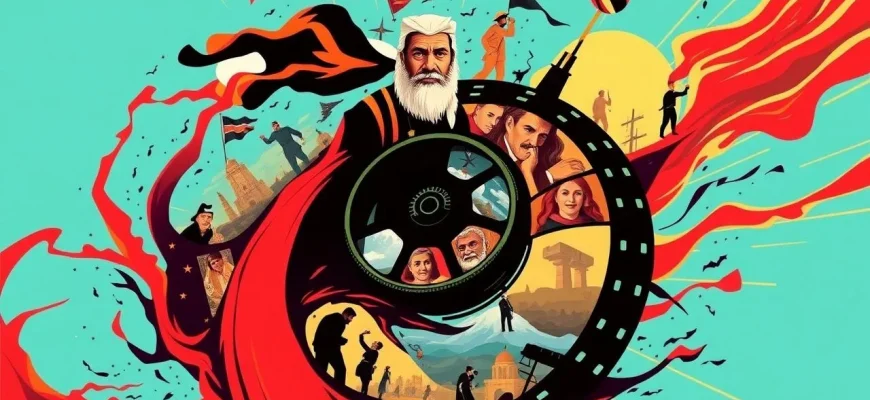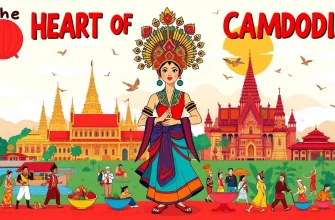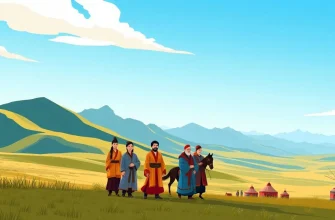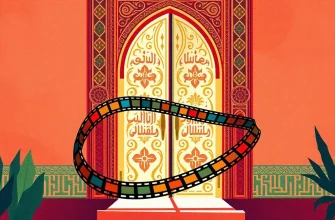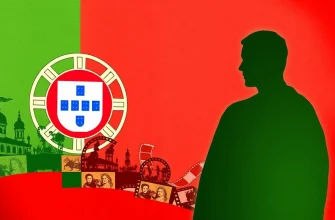Iranian cinema has long been celebrated for its storytelling prowess, particularly when it comes to biographical films. These films not only offer a glimpse into the lives of remarkable individuals but also provide a window into the cultural, historical, and social fabric of Iran. This curated collection of 10 biopics showcases the diversity and depth of Iranian narratives, from tales of political upheaval to personal triumphs, making it an invaluable resource for anyone interested in understanding the human spirit through the lens of Iranian cinema.
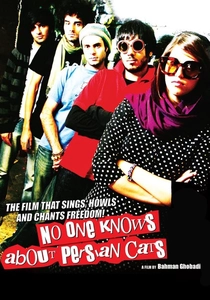
No One Knows About Persian Cats (2009)
Description: This film captures the underground music scene in Tehran, focusing on two young musicians trying to escape Iran, offering a biopic-like insight into the lives of Iranian youth.
Fact: The film was shot clandestinely, reflecting the real-life challenges faced by the characters.
 Watch Now
Watch Now
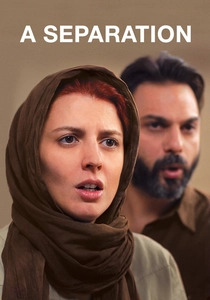
A Separation (2011)
Description: This film, while not strictly a biopic, delves into the personal lives of an Iranian family, reflecting the broader societal issues and the impact of political decisions on everyday life.
Fact: A Separation was the first Iranian film to win the Academy Award for Best Foreign Language Film.
 Watch Now
Watch Now
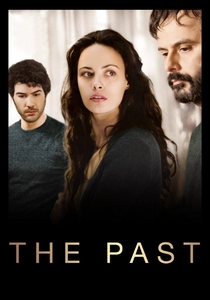
The Past (2013)
Description: Directed by Asghar Farhadi, this film examines the complexities of relationships and the past's influence on the present, set in France but with strong Iranian characters.
Fact: It was nominated for the Palme d'Or at the Cannes Film Festival.
 Watch Now
Watch Now
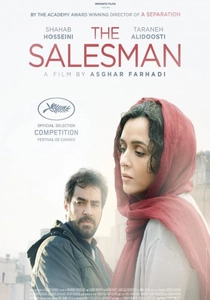
The Salesman (2016)
Description: Another masterpiece by Asghar Farhadi, this film explores the life of an Iranian couple, drawing parallels to Arthur Miller's "Death of a Salesman," highlighting personal and societal conflicts.
Fact: It won the Academy Award for Best Foreign Language Film, making Farhadi the only Iranian filmmaker to win this award twice.
 Watch Now
Watch Now

Close-Up (1990)
Description: A unique blend of documentary and fiction, this film tells the true story of a man impersonating a famous filmmaker, offering a deep look into Iranian identity and cinema.
Fact: It is often cited as one of the greatest films ever made, blending reality with narrative storytelling.
 30 Days Free
30 Days Free
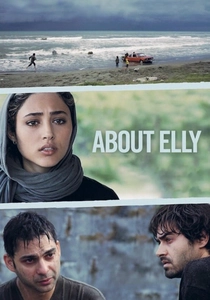
About Elly (2009)
Description: This film, while not a biography, provides a deep dive into the lives of middle-class Iranians, exploring themes of truth, deception, and the impact of societal expectations.
Fact: It was banned in Iran for its portrayal of social issues, yet it gained international acclaim.
 30 Days Free
30 Days Free

Taxi Tehran (2015)
Description: Although not a traditional biopic, Jafar Panahi's film captures the essence of Tehran through the eyes of a taxi driver, offering a mosaic of life stories that reflect the city's diverse inhabitants.
Fact: The film was made under a travel and filmmaking ban imposed on Panahi, showcasing his resilience and creativity.
 30 Days Free
30 Days Free

The Circle (2000)
Description: This film follows several women in Tehran, each story interwoven to depict the harsh realities of life under strict societal norms, providing a biopic-like exploration of women's lives.
Fact: It won the Golden Lion at the Venice Film Festival.
 30 Days Free
30 Days Free

The Song of Sparrows (2008)
Description: This film follows a man's journey from rural Iran to Tehran, reflecting on the impact of modernization on traditional lifestyles, akin to a biopic of cultural transition.
Fact: It was Iran's submission for the Academy Award for Best Foreign Language Film.
 30 Days Free
30 Days Free

Taste of Cherry (1997)
Description: While not a traditional biopic, this film by Abbas Kiarostami explores existential themes through the life of a man contemplating suicide, offering a profound look at human existence.
Fact: It won the Palme d'Or at the Cannes Film Festival, marking a significant achievement for Iranian cinema.
 30 Days Free
30 Days Free

